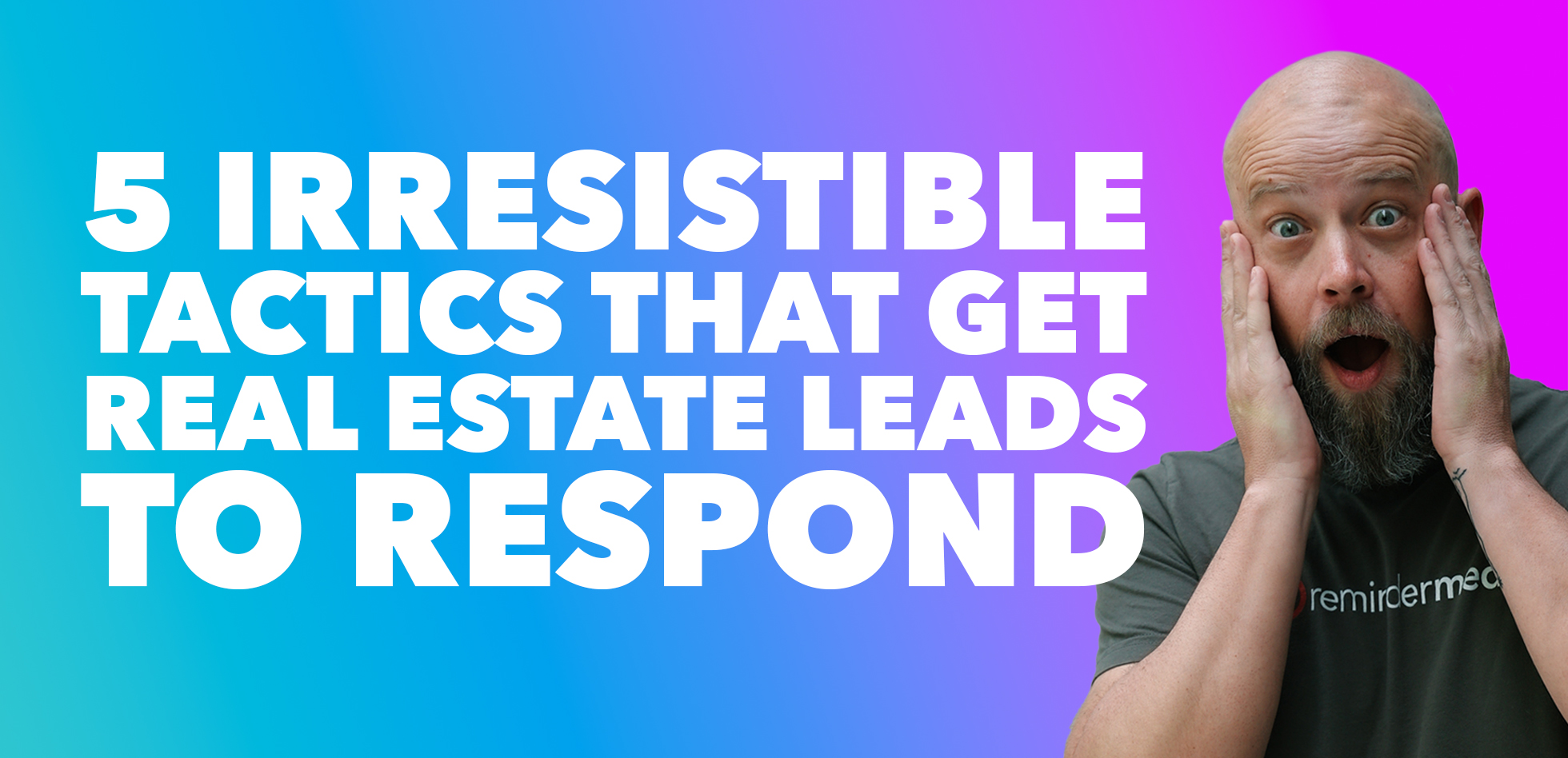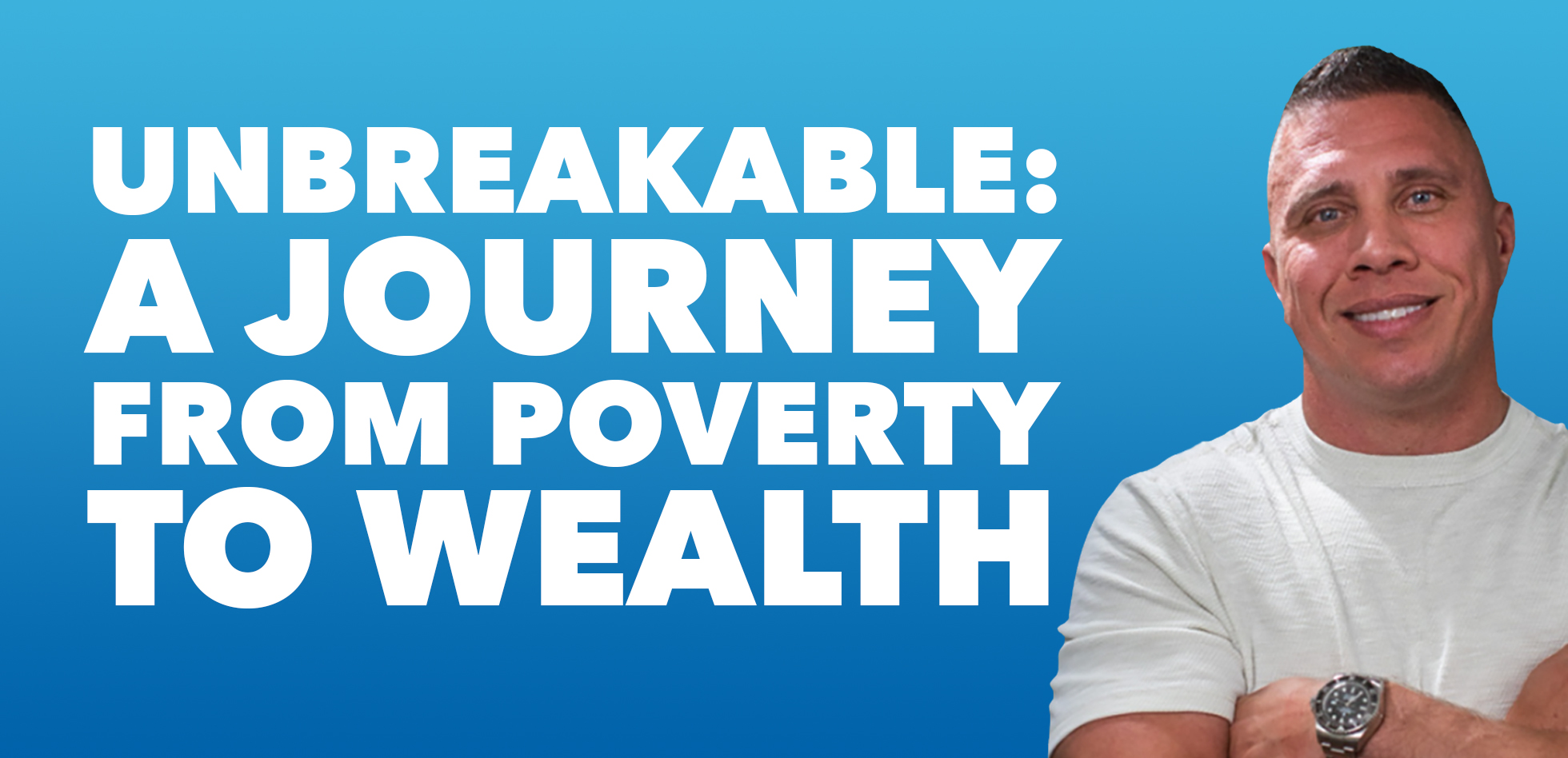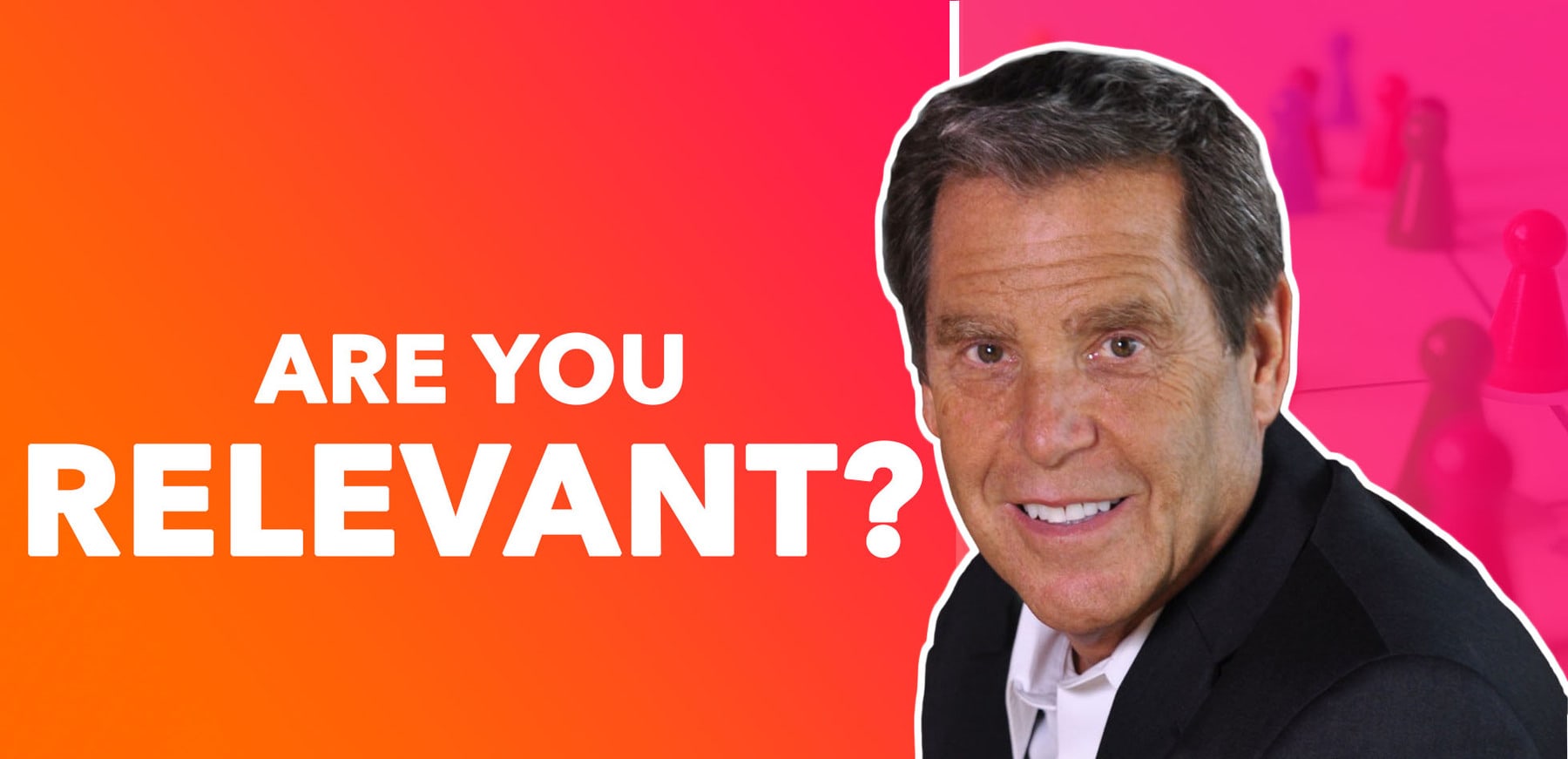Want to Increase Your Referrals and Client Acquisitions? Ask a Neuroscientist.
Who should listen: Financial advisors, insurance brokers, real estate agents, and other solopreneurs who want to connect more strongly with their audience, increase the effectiveness of their marketing, and earn more referrals.
Key idea: Adopt the perspective of your audience so that you are able to send the right message with the right offer to the right people at the right time using the right channel.
Action item: Take a few minutes this week to call your key clients. Ask them to share their experience of doing business with you. The information you collect will help you to craft your value proposition.
This week’s guest is Bill Cates, a referral marketing expert who has spent his career in the financial services space. Bill has founded and sold 2 publishing companies. He’s also written 4 best-selling books and is an in-demand speaker.
Additionally, his client acquisition system has been featured in a long list of reputable publications, including Success magazine, Entrepreneur magazine, Money magazine, and The Wall Street Journal. Among his many clients is an entrepreneur from Canada who, with Bill’s coaching, grew her company 900% in 7 years! (He explains how it was done during his interview.)
Rules to radical relevance
During his interview, Bill talks about a formula familiar to listeners of Stay Paid: you want to ensure that you’re delivering the right message, with the right offer, to the right people, at the right time, using the right channel. How you do that consistently is the subject of his most recent book, Radical Relevance: Sharpen Your Marketing Message, Cut Through the Noise, Win More Ideal Clients.
To ensure your messaging (and, by association, you and your brand) are relevant to your audience, Bill argues that you need to have “an unrelenting passion” to know your audience. He admits that while having a deep understanding of your audience is not a radical idea, it is one that we frequently forget. Radical Relevance offers readers 17 rules that, when followed, will help ensure your marketing is relevant to the audience(s) you are trying to reach.
What is different about Radical Relevance is its reliance on science to explain why so many commonplace marketing principles and strategies—including his 17 rules—work as well as they do. Take, for example, the axiom that people buy with their emotions and, therefore, your marketing needs to create an emotional response if you want your audience to act.
Bill recounts an experiment that used magnetic resonance tomography (also known as magnetic resonance imaging or MRI) to examine the brain function of people who, because of various brain injuries, were unable to experience emotions. These same people were also unable to make simple decisions. The experiment demonstrated that there’s a significant connection between experiencing feelings and being able to make decisions.
The book explores additional scientific theories that explain why people behave as they do. When you understand these concepts, developing a marketing strategy to elicit a desired action becomes a matter of creative implementation.
Practical applications
Our conversation with Bill explores other applications of science, especially neuroscience, that explain how you can make your marketing more relevant.
For example, knowing that the brain’s primary job is to keep the body alive, it makes sense that it will always take the path of least resistance to conserve energy. As a consequence:
- If your message is confusing, the brain will assume your message is complicated, and your audience will move on. For this reason, messages need to be clear.
- Unless your message portrays a problem that’s blatant and critical, your audience is not likely to take action. For this reason, messages need to create a sense of urgency.
- If a message contains too many ideas or too many calls to action, the brain feels overwhelmed and will pick no course of action. For this reason, it’s important your message includes only one call to action.
- If a message does not reduce or eliminate the risk of taking action, the brain will reject taking an opportunity. For this reason, messages often include a trial period or money-back guarantee.
- When like-minded people get together, they will feel even more committed to their ideas when they disperse. For this reason, hosting client-appreciation events is an easy way to increase feelings of loyalty to your brand.
Of course, there is much more to this episode, and all of it is fascinating, so be sure to listen to the end.
Please enjoy this episode, and we’d appreciate it if you would give us a 5-star rating and leave a review on Apple Podcasts. (Not sure how to leave a review? Click here.)
Connect | Resources
- Ep. 202: 5 Characteristics of a Good Referral Source with Dan Allison
- Building a Storybrand: Seven Proven Elements of Powerful Stories by Donald Miller
- Ep. 298: Email Marketing: Testing What Works
- Ep. 275: How Marc Minor Built a $500M Book Using Referrals
- Visit radicalrelevance.com to get a copy of Bill’s book.
- Visit referralcoach.com to learn more about Bill’s relationship marketing and client acquisition system.
We are a participant in the Amazon Services LLC Associates Program, an affiliate advertising program designed to provide a means for ReminderMedia to earn a small fee by linking to Amazon.com and affiliated sites.



















 Soundcloud
Soundcloud iHeart Radio
iHeart Radio Spotify
Spotify Spotify
Spotify


